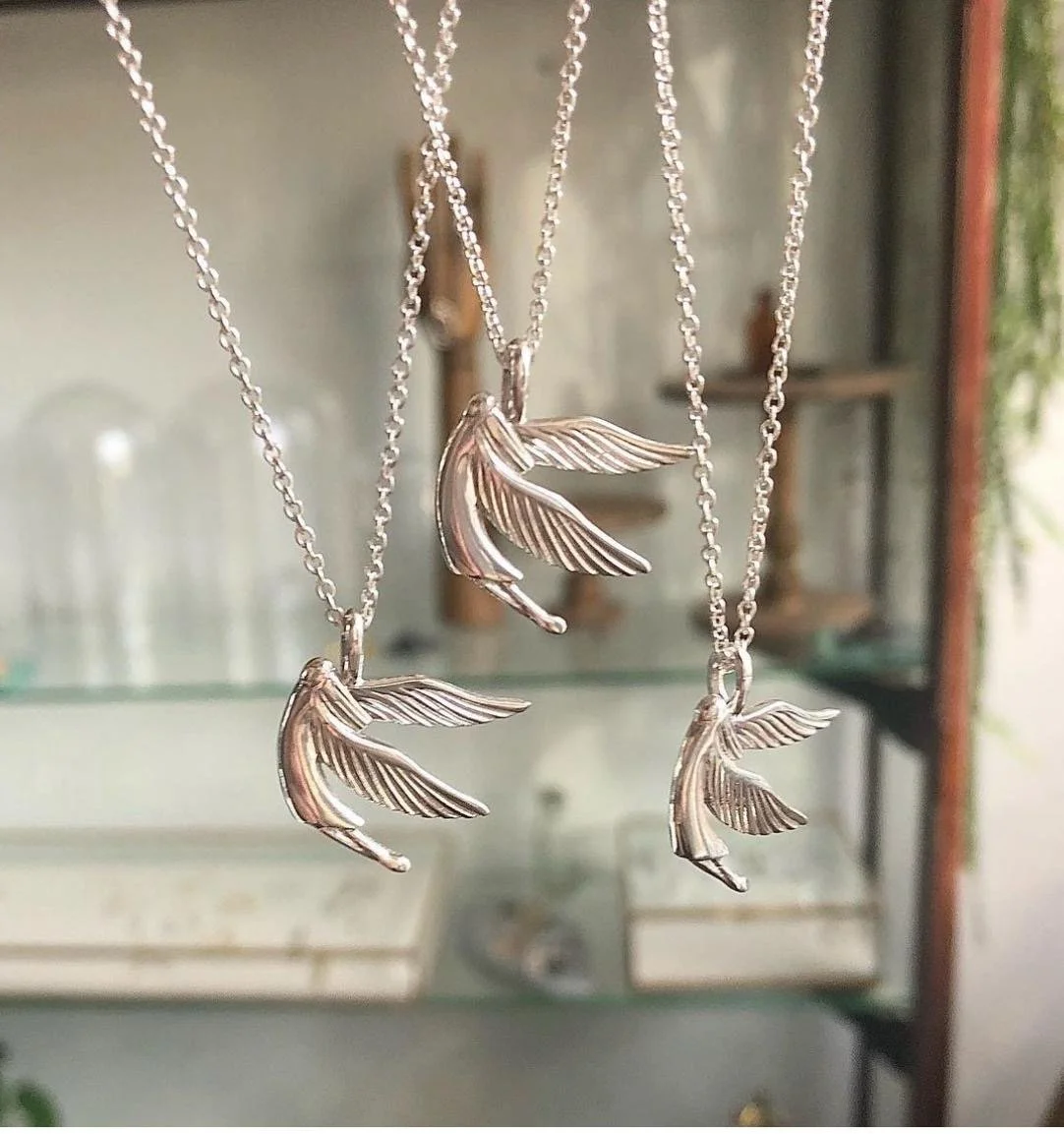Climbing the mountain.
How to build physical strength, mental fortitude, and emotional resilience.
In my interview on Brave New Girls podcast with Patricia Newton she defines courage as going beyond mere bravery.
"Courage is finding some strength to climb the mountain with all the obstacles and no matter what you come from, even if you drop to your knees like the knight falls off his horse, and you think you know what, if I really want to get to the top of the mountain, I've got to get up and even if there's a monster around the next corner, psyche yourself up, use the warrior in you."
At its core, Patricia's definition of courage is about perseverance and resilience. Climbing a mountain, a metaphor for life's challenges, is no easy feat. It requires physical strength, mental fortitude, and emotional resilience. Courage, in this sense, is not the absence of fear but the determination to move forward despite fear. The reference to falling off a horse and getting back up symbolizes the inevitable setbacks we face in our journey.
Courage is about rising each time we fall, undeterred by the bruises of our failures. It involves confronting the unknown. The 'monster around the next corner' represents the unforeseen challenges and fears that await us. It's human nature to fear the unknown, and it takes immense courage to face what we cannot predict or control. This aspect of courage is not just about bravado but about facing our deepest fears and insecurities, acknowledging them, and still choosing to move forward.
She also emphasises the importance of self-motivation and inner strength. The phrase 'psyche yourself up, use the warrior in you' speaks to the idea that courage is an internal battle before it is an external one. It's about convincing ourselves that we are capable, that we possess the inner strength of a warrior ready to face any battle. This internal dialogue is crucial because our greatest adversary is often our own doubt and fear.
Patricia's definition of courage is inclusive. It acknowledges that everyone, regardless of their background or where they come from, has the capacity for courage. This inclusivity is important because it democratises the concept of courage, making it accessible to all. It's not just the realm of the heroic or the extraordinary but a quality that resides in every individual waiting to be harnessed.
In expanding upon Patricia's definition, it's also essential to understand that courage is not a constant state but a choice that needs to be made repeatedly. Each day presents new challenges, and with them, the opportunity to choose courage over comfort, action over inaction. This choice is what defines our character and shapes our destiny.
Courage also often involves sacrifice and altruism. Sometimes, the bravest act is not about personal gain but about what we do for others. The courage to stand up for what is right, to defend those who cannot defend themselves, and to put the greater good above personal interests is perhaps the most noble form of courage.
Courage as a daily practice.
Patricia Newton’s definition of courage, as discussed in the "Brave New Girls" podcast, is a powerful and comprehensive view of what it means to be courageous. It's about rising after a fall, facing the unknown, motivating oneself, embracing inner strength, and making the choice to be brave every day. It's a reminder that courage is not just for the extraordinary moments but for the everyday struggles, and it's within each of us, waiting to be unleashed. Courage, in this light, is not just an act but a way of living, a journey towards the top of our personal mountains, with all the monsters and obstacles that may come our way.
Building courage, strength, and resilience is a journey of personal development that involves a series of actionable steps. Drawing inspiration from Patricia Newton's insightful definition of courage, here are 10 steps to cultivate these vital qualities in your life:
Acknowledge Your Fears: The first step to building courage is recognising and accepting your fears. Understand that fear is a natural emotion and facing it is the foundation of courage. Write down your fears and confront them one by one.
Set Small, Achievable Goals: Start with small challenges that you can overcome. Achieving these goals will build your confidence and prepare you for more significant challenges. Each small victory is a step towards developing greater courage.
Develop a Positive Mindset: Adopt a positive attitude towards life's challenges. Replace negative thoughts with positive affirmations. Believe in your ability to overcome obstacles and view setbacks as opportunities for growth.
Practice Self-Compassion: Be kind to yourself, especially in times of failure or difficulty. Understand that making mistakes is part of the learning process. Forgive yourself and move forward with renewed determination.
Seek Inspirational Stories: Read about or listen to people who have demonstrated great courage, strength, and resilience. Learning about others’ experiences can provide motivation and insight into how to handle your own challenges.
Build a Support Network: Surround yourself with supportive people who encourage and believe in you. Having a strong support system can provide the necessary encouragement and perspective during tough times.
Embrace Challenges as Opportunities: View each challenge as an opportunity to grow and learn. Instead of avoiding difficult situations, engage with them and see them as chances to strengthen your courage and resilience.
Maintain Physical and Mental Health: Regular exercise, a healthy diet, and sufficient sleep contribute significantly to your overall well-being. A healthy body supports a healthy mind, which is essential for facing challenges with strength and courage.
Practice Mindfulness and Stress Management: Learn and practice mind-presence techniques such as meditation, yoga, or deep breathing exercises. These practices help manage stress, enhance focus, and maintain a calm mind in the face of adversity.
Reflect and Learn from Experiences: Regularly reflect on your experiences, especially those that required courage. Analyse what you learned, how you could improve, and how you've grown. This reflection process reinforces learning and builds resilience.
Remember, building courage, strength, and resilience is not an overnight process. It requires consistent effort, self-awareness, and the willingness to step out of your comfort zone. By following these steps, you can gradually develop these qualities and better equip yourself to face life's challenges.
Wear your courage!
PS. To celebrate your courage I have collaborated with Amulette London to create a beautiful Brave New Girl recycled silver necklace “A Charm for Fortune & Fortitude”. Get yours HERE
PPS. If you would like support in growing your inner Brave New Girl for a better life, book in for a free chat and we can take it from there: BOOK A CHAT




